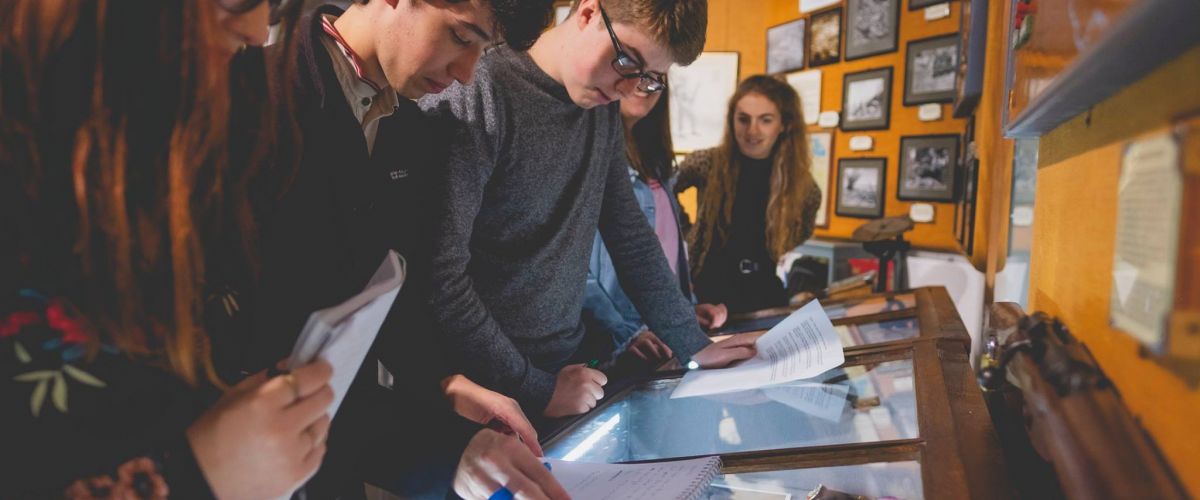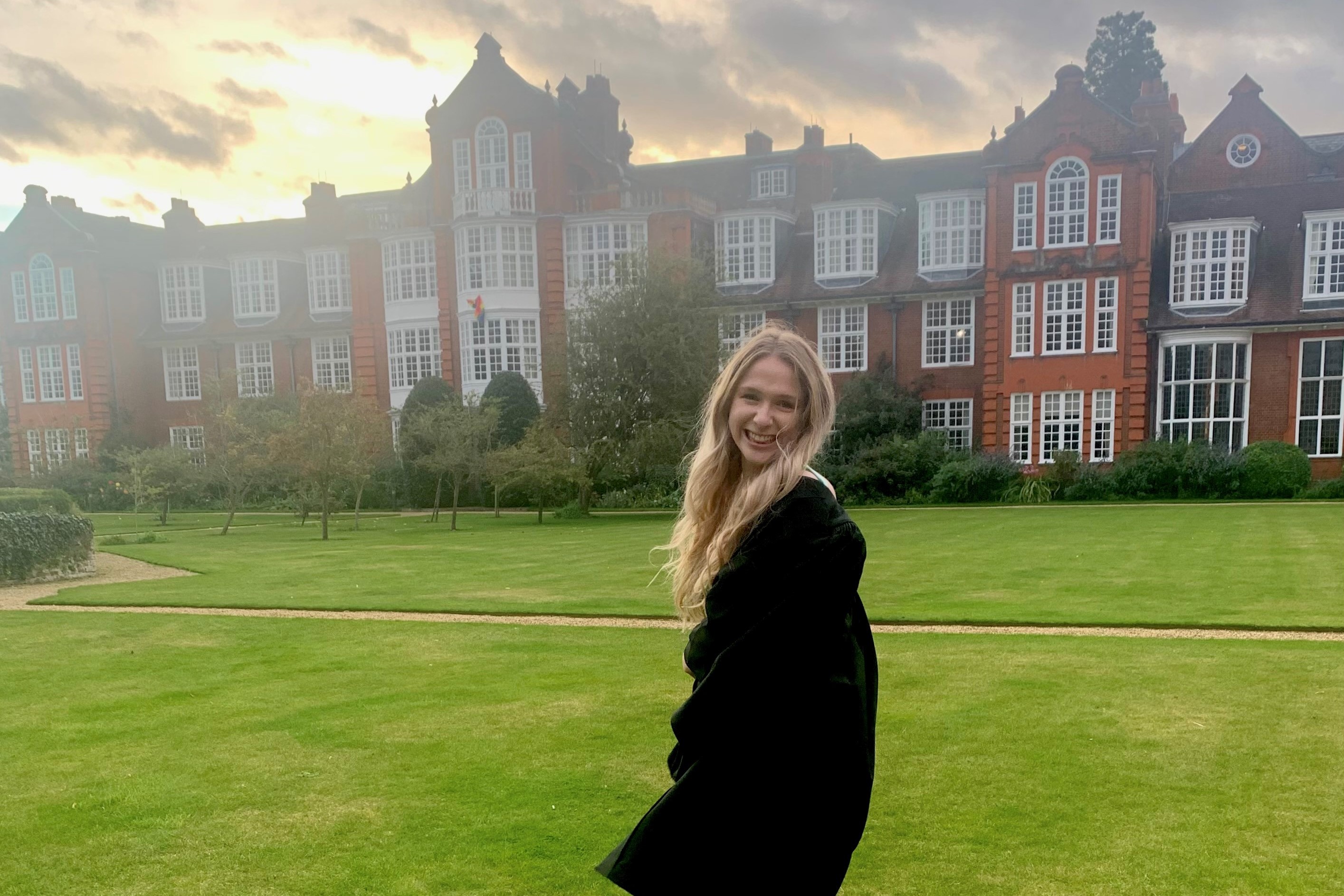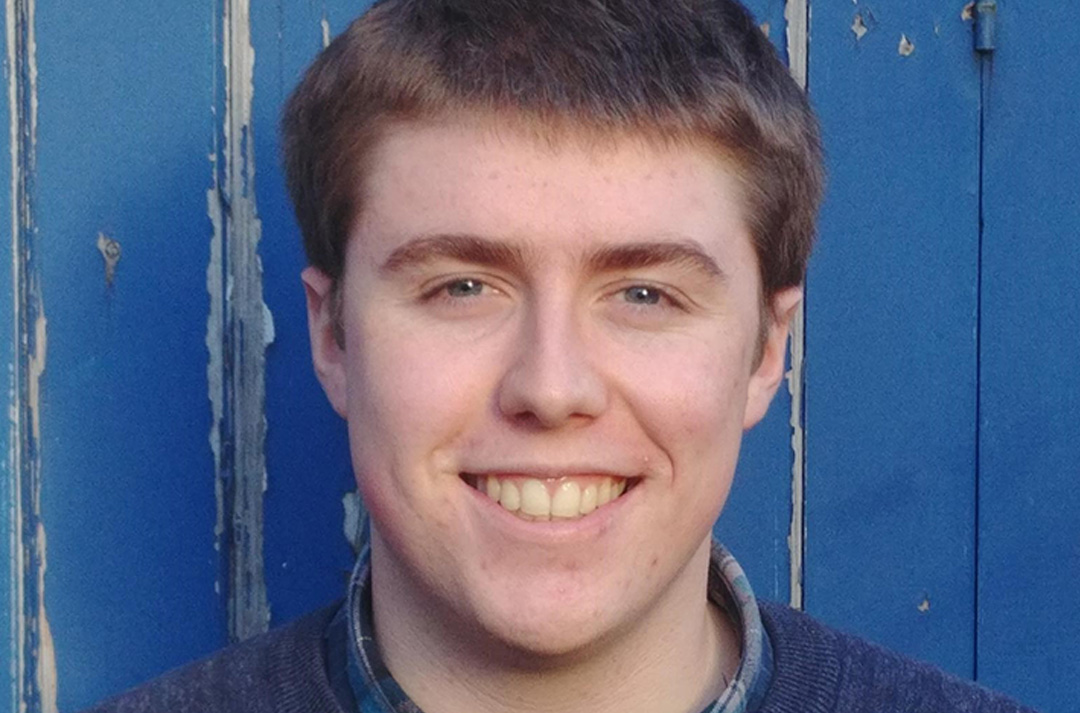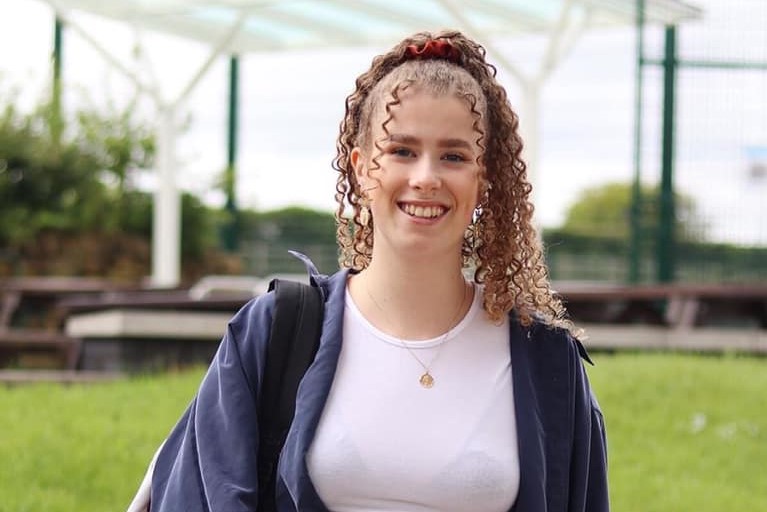A Level History
The study of History helps us to understand and explain the past and, as such, is a fascinating subject in its own right. In addition, the skills that you acquire as an historian, the ability to think clearly, to weigh up arguments and to analyse problems, are highly desirable in Higher Education and employment. History is a popular GCSE subject and A Level allows students to develop their enjoyment and understanding of major world events.
Key information
Humanities / Full Time / A Levels and Equivalent
_1200_800.png)
Why choose this course?
At Callywith College during the two years you will study Modern History. In Modern, you will study the British Empire between 1857 and 1967. How did Britain come to assume a vast Empire upon which the sun never set? Why, having amassed such a vast Empire, did Britain relinquish much of it in a 20-year period after the end of World War Two? The rise and fall of the British Empire provides an interesting contrast to the other examined module - the rise and fall of Weimar and Nazi Germany, 1918-1945.
The final component of the History A Level comprises an historical investigation, looking at the history of the USA from 1754 to 1865, during which the USA won its freedom from the British - ending Britain’s first empire - and then went on to descend into Civil War as the new nation attempted to carve out its political identity.
Assessment Arrangements
Units 1 and 2 are examined by two 2.5 hour exams at the end of the second year. Each of these exams is worth 40% of the A Level. The Historical Investigation comprises of an essay of 3000-3500 words. It is internally assessed and externally moderated. This is worth 20% of the A Level.
You will learn in a friendly atmosphere, using a variety of assessment methods that will include discussion and debate, research tasks, group work, presentations and lectures. You will be expected to complete 5 hours of independent study a week.
You will be assessed regularly on written essay work that is conducted either as independent study or under timed conditions in class. You will be given detailed written feedback including next steps to focus on for the next piece of assessed work. You will be completing approximately one piece of assessed work every fortnight. You will also have opportunities to review your performance in 1:1 sessions with your tutor.
Where will it take me?
History A Level is a popular and highly regarded qualification by both Higher Education establishments and employers. It opens career pathways specifically involving historical skills, e.g. archeologist, archivist, curator and teacher. However, History is also of general educational value and many who achieve high positions within government, business, law and the media hold History degrees. History students have gone on to study a wider variety of degrees and have gained access to a range of careers including law, teaching, journalism, politics, advertising and positions in the heritage sector.
What will I need?
Five GCSEs at grade 4 or above including two GCSEs at grade 6 from English / Maths / History (or equivalent subjects). GCSE History, whilst very useful, is not a requirement.
Additional Information
Awarding Body:
AQA
To obtain more information about this course, please call: 01208 224000 or email enquiry@callywith.ac.uk




